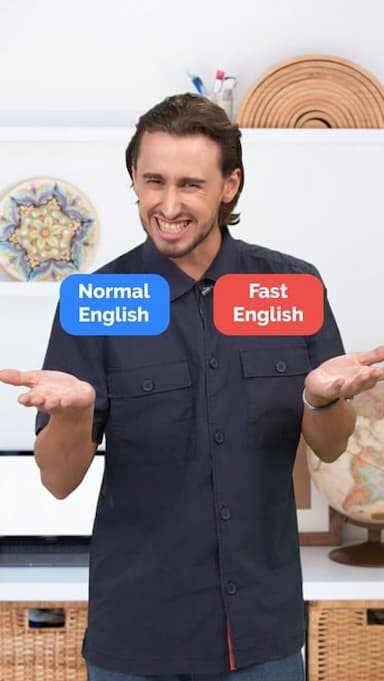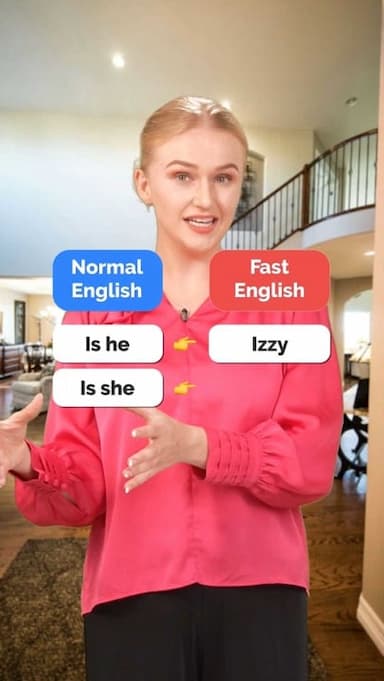Homophones Examples
Homophones are words that sound the same but have different meanings and spellings. Mastering homophones can help you avoid misunderstandings in both writing and conversation. In this video, we explore 6 common homophones with examples.
- Poor vs. Pour
- "Poor" refers to someone with little money.
- "Pour" means to cause a liquid to flow.
- Feat vs. Feet
- "Feat" is an achievement that requires great courage, skill, or strength.
- "Feet" are the lower extremities of the legs used for standing and walking.
- Lead vs. Led
- "Lead" (pronounced "led") is a type of metal.
- "Led" is the past tense of the verb "to lead".
- None vs. Nun
- "None" means not any.
- "Nun" is a member of a religious community of women.
- Loan vs. Lone
- "Loan" is something borrowed, especially money.
- "Lone" means solitary or single.
- One vs. Won
- "One" is the number 1.
- "Won" is the past tense of "win".
By learning these homophones, you can enhance your English proficiency and communicate more effectively. Watch the video for more examples and practice using these words correctly in sentences. Improve your vocabulary and avoid common mistakes today!
Get the full app experience
Engaging video lessons and fun quizzes to help you ace your English.
Improve your English Level
Improve your pronunciation
Practice conversations
Sharpen your listening Skills
Fix common mistakes in English
Learn Grammar in a fun way
Expand your English Vocabulary
Coming soon to Google Play

© 2023 fluentjoy.com











